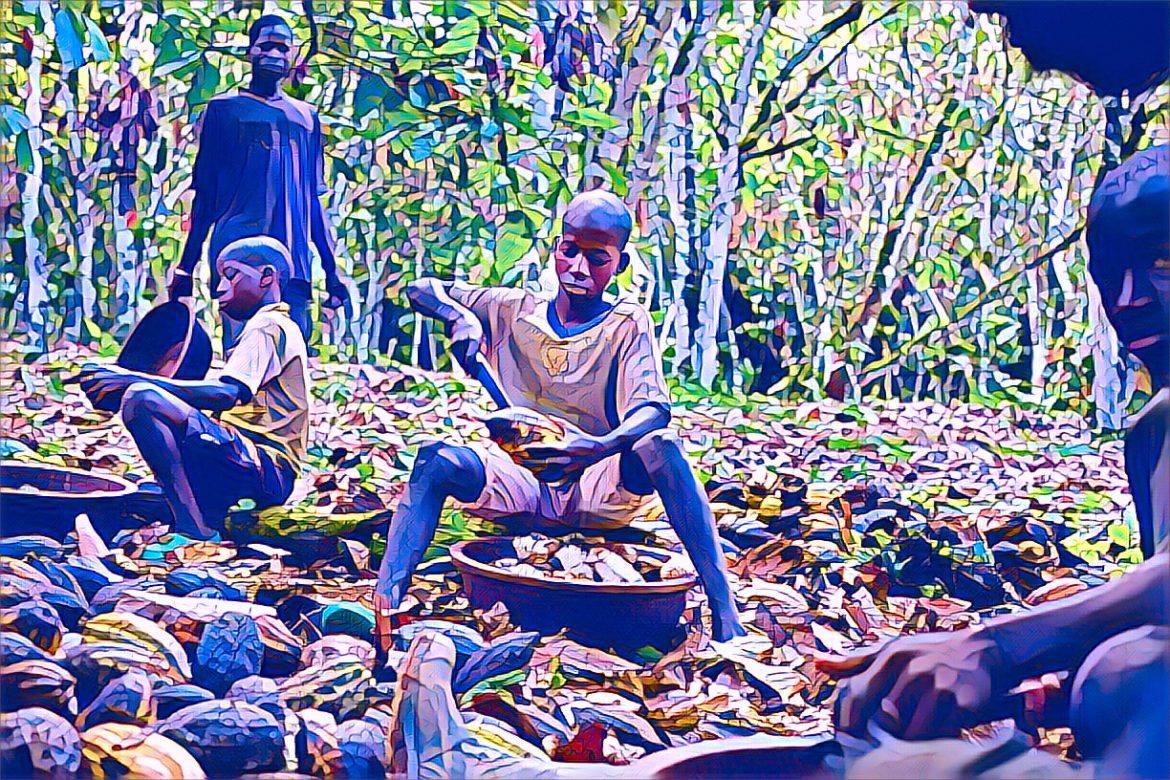Key Points
- Child labor in agriculture remains a serious challenge in West Africa.
- The Nigerian government is committed to eradicating child labor through ILO conventions.
- ECOWAS and ILO are working together to eliminate child labor by 2030.
The Federal Government on Wednesday acknowledged that child labor, particularly in agriculture, continues to be a major challenge in West Africa, with children working long hours under hazardous conditions.
The Minister of State for Labor and Employment, Nkeiruka Onyejeocha, shared the government’s concerns at the first Economic Community of West African States (ECOWAS) annual review meeting for child labor experts, held in Abuja.
Onyejeocha emphasized the serious impact child labor has on children’s health, education, and overall well-being. She explained that children in the agricultural sector are often denied their basic rights, which severely affects their future opportunities.
Root causes of child labor: Poverty, education gaps, and weak laws
“Child labor, particularly in the agricultural sector, remains a significant challenge across West Africa. Agriculture accounts for a substantial share of child labor globally, and our region is no exception,” Onyejeocha said.
“Children work long hours under hazardous conditions, depriving them of their right to education, health, and a childhood free from exploitation.”
According to a report by Vanguard, the Minister stressed that the root causes of child labor are complex, involving factors like poverty, inadequate access to education, and weak enforcement of labor laws. She called for a coordinated, regional effort to address these issues.
“We must take a holistic and sustained approach at local, national, and regional levels to eradicate child labor,” she added.
ECOWAS and ILO’s progress and future action plans
Onyejeocha also highlighted the steps taken by the Nigerian government under President Bola Tinubu’s administration, which has worked to eliminate child labor through ratification of key International Labour Organization (ILO) conventions and the establishment of relevant structures to combat exploitation.
Vanessa Phala, Director of the ILO Country Office for Nigeria, Ghana, Liberia, Sierra Leone, and the ECOWAS liaison office, praised ECOWAS’s progress in addressing child labor across the region.
“Over the years, ECOWAS and its partners, including the ILO, have made notable strides in addressing child labor in the region,” Phala said. “The Regional Action Plan for the Elimination of Child Labor and Forced Labor, now in its second cycle, is driving our collective efforts. However, more work remains.”
Phala noted that the latest global estimates show that 160 million children are still trapped in child labor, a heartbreaking reality that requires urgent action. She also pointed out that Sub-Saharan Africa, which includes many ECOWAS member states, bears the heaviest burden of this issue.
A call for collective action to end child labor
“The eradication of child labor is not only a moral imperative but also a cornerstone for sustainable development in West Africa. By safeguarding the rights and well-being of our children, we lay the foundation for resilient societies and prosperous economies,” Phala said.
During the meeting, Dr. Alieu Omar Touray, a representative of the ECOWAS Commission President, highlighted the persistent issue of child labor in the region, stating that disaggregated data from current studies showed an increase in child labor in both West and Central Africa.
“Current studies are not encouraging. West and Central Africa account for a significant proportion of child laborers, with children working an average of 18 hours per week. This is certainly not acceptable, and we must collectively step up action to reverse this trend,” Touray said.
ECOWAS action plan to eliminate child labor by 2030
Touray also noted the adoption of the ECOWAS Regional Action Plan on the Elimination of Child Labor and Forced Labor (2022–2030), which was formally established as a legal instrument for all ECOWAS member states. The plan succeeds an earlier version adopted in 2012 and aims to coordinate efforts across the region.
“We must commit to implementing the action plan at the country level. Despite resource constraints, I am confident that through coordinated action and effective policy-making, we can achieve our goal of a region free from child labor,” Touray said.
The ECOWAS annual meeting served as an important reminder of the need for a collective, regional approach to address child labor and forced labor, particularly in the agricultural sector. With an emphasis on collaboration and the enforcement of stronger legal frameworks, leaders hope to protect the region’s most vulnerable children and build a more sustainable future for West Africa.


